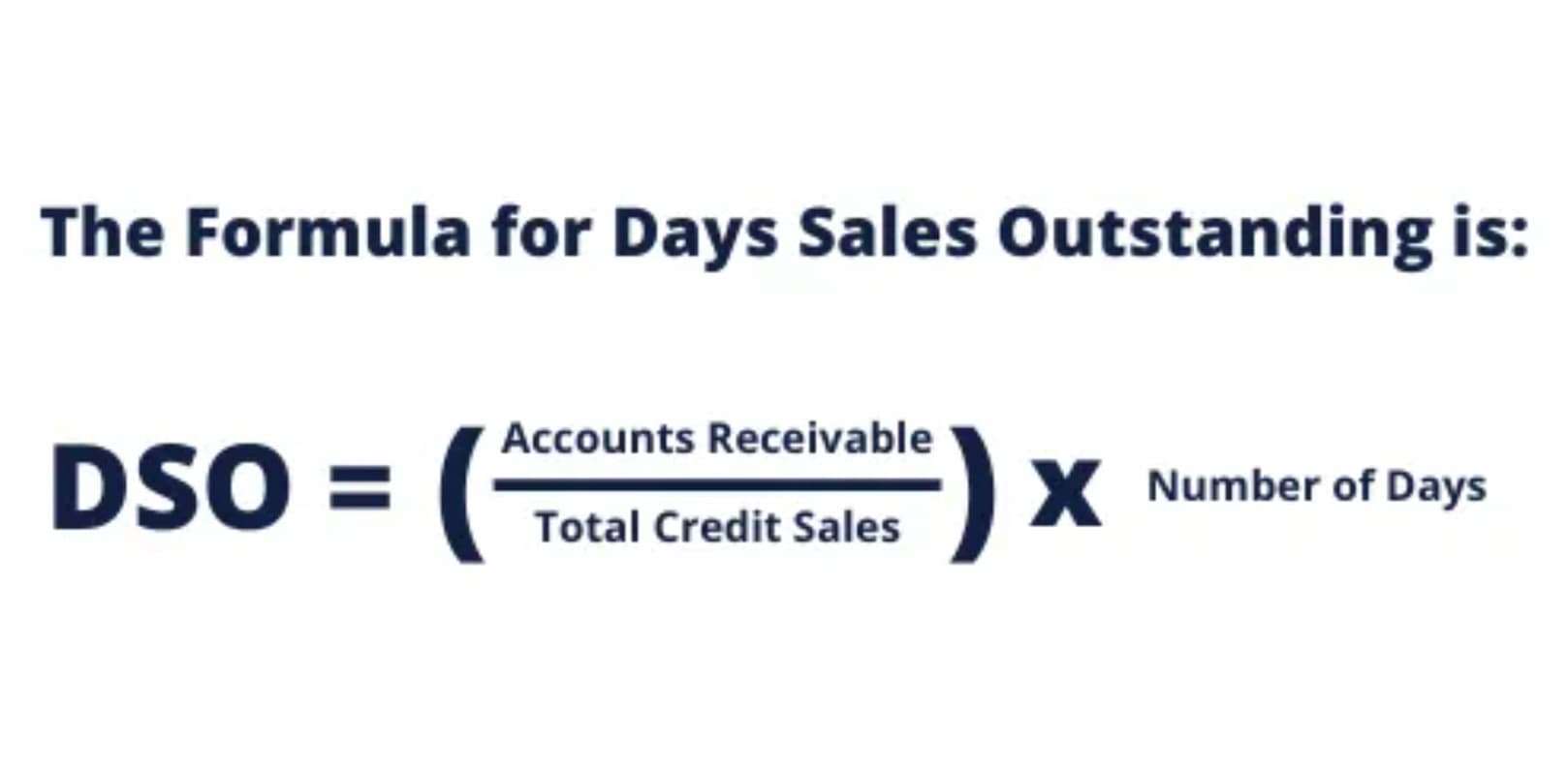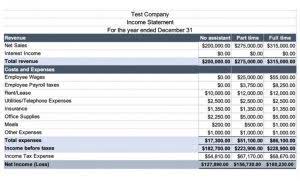Certified Public Accountant CPA What is a CPA
| On May29,2023
As a self-employed consultant, I still use all the basic building blocks of accounting that I learned in college, pursuing my CPA, and working in public accounting. In the United States, financial reporting specialists typically follow a set of guidelines known as generally accepted accounting principles. If you work outside the United States, you are more likely to use the International Financial Reporting Standards system.
What skills should I have as a CPA?
All states require at least one year of accounting experience to obtain licensure. Again, you’ll want to check with your state board of accountancy to see what type of experience you’ll need, the exact amount of hours and if part-time work is accepted. Other examples of goals include managing an accounting team, working for a large accounting firm, or starting your own business as a CPA.
- Between having more freedom to work independently in financial accounting, audit and taxation, as well as having proven knowledge and expertise, CPAs are more sought after than non-licensed accountants.
- It opens the way to jobs that other accountants can’t take on, such as performing audits of public companies.
- CPAs have a wide range of career options available in public accounting (that is, working for an accounting firm), corporate accounting (working inside a company), or government service.
- If you want to learn more about the CPA Exam, download our free 2024 CPA Exam Guide.
- Accounting professionals have many significant career options, making it one of the most practical applications of a business degree.
- Obtaining the CPA designation requires a bachelor’s degree, typically with a major in business administration, finance, or accounting.
Running Restaurants: A Comprehensive Guide to Restaurant Bookkeeping
Private accountants are not required to sit for the CPA exam, which is an optional exam for public accountants seeking CPA licensure. However, according to data from Zippia, more than three-quarters of corporate or private accountants (76%) hold bachelor’s degrees, while about one in 10 (12%) hold master’s degrees. Public accounting refers to the services a public accountant or accounting firm offers to prepare financial documents, such as tax public accounting examples returns and budgets. Public accountants, also called chartered professional accountants (CPAs), are qualified to help other businesses and individuals with their tax and other financial needs.
- As technology and globalization reshape the profession, the role of public accountants is evolving, demanding adaptability and a commitment to ethical standards.
- As you fulfill the CPA requirements, it’s wise to keep your job search materials updated, including your resume and LinkedIn profile.
- Instead, it’s a professional designation that offers accounting professionals more flexibility and mobility in their career.
- Some firms are full-service, meaning they provide a full range of accounting services, including taxes, bookkeeping, audits, risk, payroll, and more.
- Plus, this career field is projected to grow by 6% through 2031, outpacing the average 5% growth rate and adding nearly 82,000 jobs to the U.S. economy.
Difference Between Public and Private Accounting

Business strategy consulting assists companies in developing plans to grow, expand into new markets, or adapt to changing economic conditions. If you want to learn more about the CPA Exam, download our free 2024 CPA Exam Guide. This ebook includes everything you need to know, including the exam format, types of questions in each section, study https://www.bookstime.com/bookkeeping-services/fort-lauderdale tips and practice questions.

Payroll Taxes for an Employer: How Is Payroll Tax Calculated?
CPAs prepare tax returns, conduct audits and investigations, help clients make financial decisions, and review records to ensure accuracy. They create budget reports, track expenses and profits, and make recommendations that can save their clients money. While choosing a career, one must select public accounting if the aim is to learn about several businesses or industries. Private accounting must be chosen if one wants to learn about a specific business. Even though both accounting fields are equally rewarding, one must consider the long-term goals and career aspirations before making a choice.

Adam received his master’s in economics from The New School for https://www.instagram.com/bookstime_inc Social Research and his Ph.D. from the University of Wisconsin-Madison in sociology. He currently researches and teaches economic sociology and the social studies of finance at the Hebrew University in Jerusalem. Potential work environments include nonprofit groups, companies, and government agencies. I am an extrovert, which many people don’t think of as a typical characteristic of an accountant, but I find it helpful in establishing a bond with my clients. I have been lucky to have a lot of long-standing, wonderful client relationships.
- For those who embark on this rewarding career path, public accounting offers a journey filled with challenges, opportunities, and the chance to make a lasting impact on the financial world.
- This ensures that the taxes get filed on time and per the laws of the federal government, which get pretty complicated for private businesses.
- The purpose of providing such services is to ensure transparency and accuracy of the client’s financial statements.
- Whether conducting an audit, providing tax advice, or offering strategic financial counsel, CPAs are the trusted advisors who help businesses thrive in a complex financial environment.
- We’ve included the Canadian average base pay, typical responsibilities, required skills and qualifications, and top companies hiring for each role.
Private vs. public: choosing your CPA path

As technology and globalization reshape the profession, the role of public accountants is evolving, demanding adaptability and a commitment to ethical standards. For those who embark on this rewarding career path, public accounting offers a journey filled with challenges, opportunities, and the chance to make a lasting impact on the financial world. If you have a passion for business, consider merging your interests by pursuing a career in private or corporate accounting. Examples of corporate accounting roles include tax, management, or financial accountant; internal auditor; chief financial officer (CFO); or various management positions, such as tax manager. According to sources like Glassdoor, Indeed, and Salary.com, the average salary for corporate accountants ranges from about $63,200 to $69,300. For example, public accountants may need to travel to meet with various clients, while private accountants may work at fixed locations with minimal or no travel involved.

